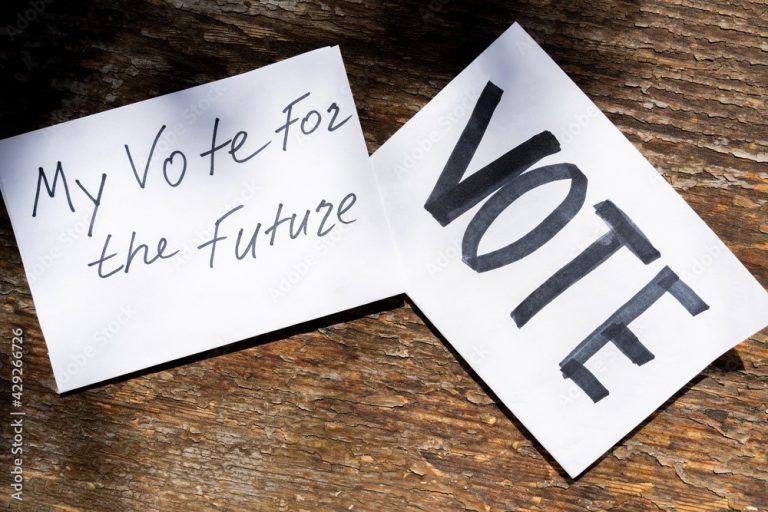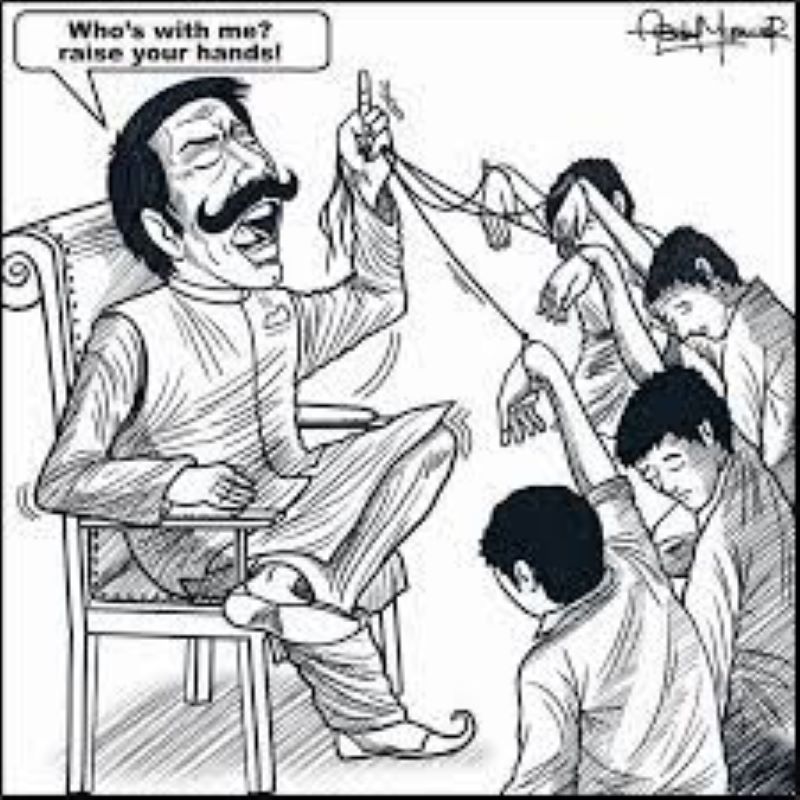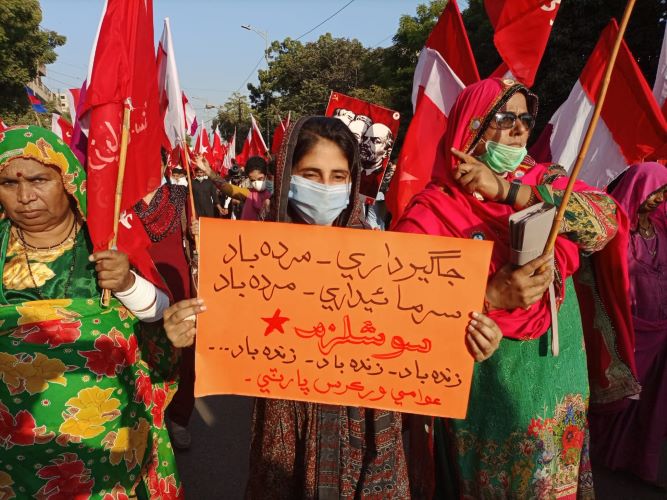
To make our votes a tool for change, we need to overcome the feudal mindset, the apathy, and the cynicism that pervades our society. We need to realize that our vote is our voice, our right, and our responsibility
Prof Dr. Abdullah G Arijo
On Thursday February 8, 2024, Pakistan will hold general elections to elect the members of the 16th National Assembly. The Election Commission of Pakistan announced the detailed schedule on December 15, 2023.
Pakistan has two major political parties, the Pakistan Muslim League (N) (PML-N) which is led by former Prime Minister Nawaz Sharif, and the Pakistan People’s Party (PPP) led by former Foreign Minister Bilawal Bhutto Zardari. The Pakistan Tehreek-e-Insaf (PTI), which ruled the country as a disputed results of previous elections held in 2018, is now fielding its candidates as Independents. This is because of a Supreme Court ruling that stripped them of their electoral symbol in the run-up to the elections.
The upcoming highly competitive elections in the country will face challenges such as economic crisis, security threats, and political instability etc. The military, judiciary, and media will play a crucial role in shaping the outcome of the elections.
Feudalism is a crucial problem in Pakistan, where the feudal lords exploit the votes of the local population for their benefit
Elections allow people to choose representatives, express preferences, and promote social justice, human rights, and environmental sustainability. However, they require informed citizens, civil society, the rule of law, and responsive government for lasting change.
Feudalism is a crucial problem in Pakistan, where the feudal lords exploit the votes of the local population for their benefit. This system of land ownership and social hierarchy grants extensive power and privilege to the landlords, who often dominate the people through debt bondage, patronage, and coercion. Feudalism is particularly widespread in rural regions of Pakistan, where a significant number of individuals are illiterate, impoverished, and reliant on landlords for their survival. These circumstances significantly impact the quality of democracy and the fundamental rights of the people.

Feudalism has deep roots in the province of Sindh and holds significant influence. This is due to the resistance shown by the feudal lords against British colonial rule and the central government of Pakistan. Many of these lords belong to parties such as the Pakistan People’s Party (PPP) and some others, which claim to represent the identity and interests of the Sindhi people. However, these parties are often criticized for their corruption, nepotism, and human rights violations. They use their political power to safeguard their feudal interests and suppress any form of opposition or dissent.
The feudal lords in Pakistan, particularly in Sindh, engage in various tactics to exploit the people’s votes. These include buying or intimidating voters to vote for their preferred candidates or parties or not voting at all. They also manipulate the voter registration and electoral rolls to exclude or include specific voters based on their loyalty or ethnicity. Additionally, they influence or bribe the administrative officials, police, and judiciary, to ensure favorable outcomes and avoid scrutiny or accountability. The use of violence or threats to harass, intimidate, or harm voters, candidates, or polling agents of rival parties or groups is also common. Finally, they rig ballot boxes, the counting process, or the transmission of results to alter or falsify votes.
Also read: Feb 8 Elections: Sindh becomes a Sensitive Province
In Pakistan, feudal lords exploit votes, undermining democracy and people’s rights. This perpetuates poverty, inequality, and underdevelopment in rural areas. To end this, land reforms and strengthening democratic institutions can ensure free, fair, and transparent elections. Educating and empowering the voters, especially the women and the youth, to make informed and independent choices based on the policies, performance, and character of the candidates and parties people
Feudalism in Pakistan refers to the power and influence of large landowning families, particularly in rural areas, who control the local population through debt bondage, patronage, and coercion. Feudalism is often blamed for the low literacy, poverty, inequality, and underdevelopment of the country.
Many of Pakistan’s most renowned politicians were and are feudal lords, including the “socialist” Zulfikar Ali Bhutto, his daughter Benazir Bhutto, and his grandson Bilawal Bhutto Zardari. Feudalism has also been a major obstacle to land reform, democratic accountability, and social justice in Pakistan.
Voter education is especially important in Pakistan, where many voters are illiterate, uninformed, or influenced by external factors such as religion, ethnicity, or money
Voter education is the process of informing and empowering the citizens to exercise their right to vote in a free and fair manner. Voter education aims to increase voter turnout, reduce invalid votes, prevent electoral fraud, and enhance civic participation.
Voter education is especially important in Pakistan, where many voters are illiterate, uninformed, or influenced by external factors such as religion, ethnicity, or money. Voter education can help voters make informed choices based on the policies, performance, and character of the candidates and parties.

Also read: Feudal and Religious Lords of Sindh
The Election Commission of Pakistan has initiated various programs and campaigns to educate the voters, such as the Students’ Voter Education and Awareness Program, the Women in Elections Program, and the Voter Education and Awareness Campaign.
To make our votes a tool for change, we need to overcome the feudal mindset, the apathy, and the cynicism that pervades our society. We need to realize that our vote is our voice, our right, and our responsibility. We need to vote for the candidates and parties that represent our interests, values, and aspirations. We need to hold them accountable for their promises and actions. We need to demand free, fair, and transparent elections that reflect the true will of the people.
[Disclaimer: The content presented in this article has been collected from multiple sources.]
_________________
 Prof. (R) Dr. Abdullah G. Arijo is Advisor and Visiting Professor, SBBUVAS, Sakrand, Pakistan. He is Ex-Chairman, Department of Parasitology, Sindh Agriculture University and Ex-Advisor Academics & P&D to Vice Chancellor SAU Tandojam
Prof. (R) Dr. Abdullah G. Arijo is Advisor and Visiting Professor, SBBUVAS, Sakrand, Pakistan. He is Ex-Chairman, Department of Parasitology, Sindh Agriculture University and Ex-Advisor Academics & P&D to Vice Chancellor SAU Tandojam
[…] Also read: Elections 2024: My Vote My Choice […]